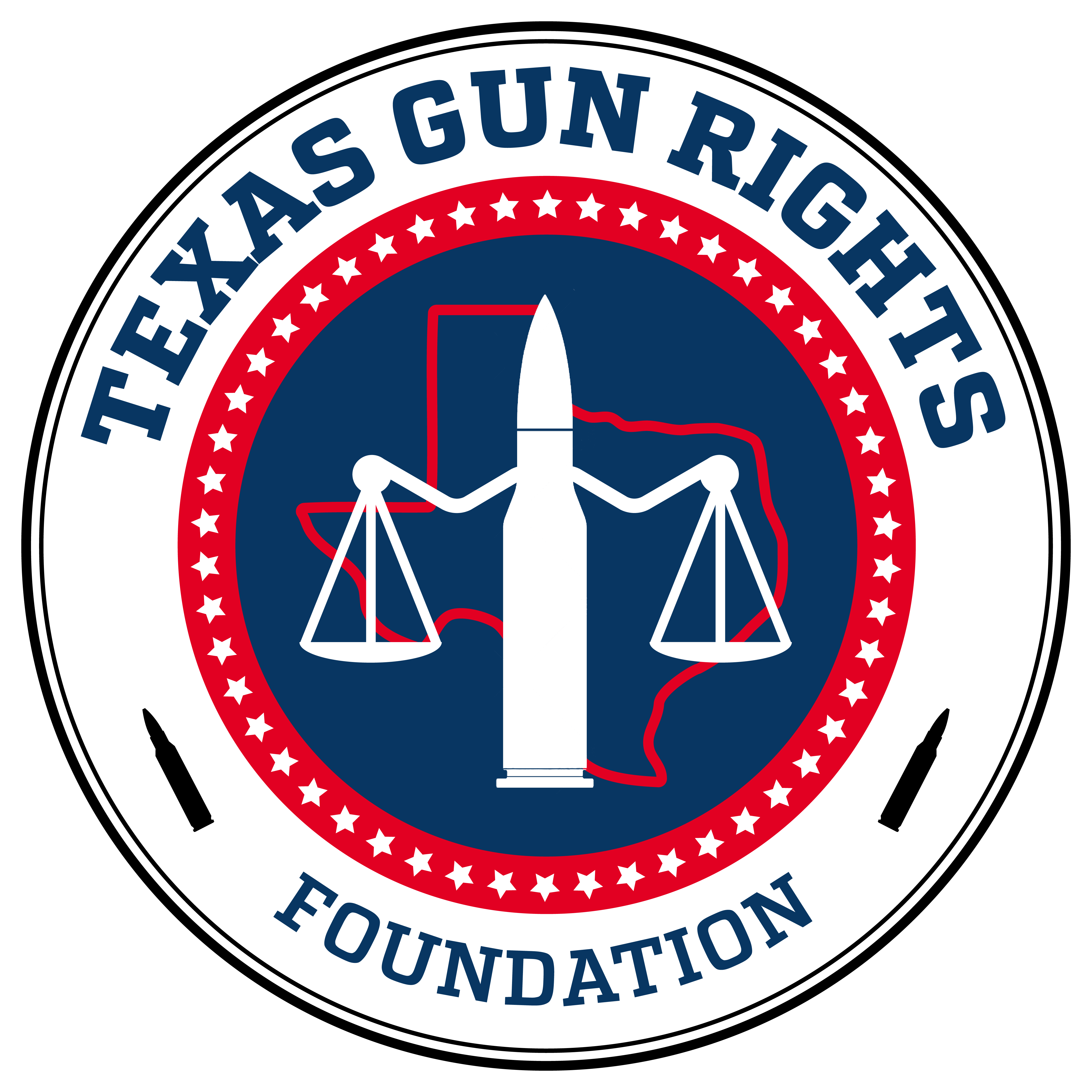The Unintended Consequences: Understanding the Dangers of an Assault Weapons Ban
The topic of an assault weapons ban continues to stir heated debates across the nation. Proponents argue that such a ban is necessary for public safety, while opponents assert that it poses significant risks to individual liberties and the effectiveness of self-defense, including against potential government tyranny. In this post, we will delve into the potential dangers associated with an assault weapons ban and explore its implications on law-abiding citizens, crime rates, and the right to bear arms.
Criminals Will Still Have Access to Firearms
One of the key dangers of an assault weapons ban is that it primarily affects law-abiding citizens who seek to exercise their Second Amendment rights responsibly. Criminals, by their very nature, do not abide by the law. An assault weapons ban would not prevent criminals from obtaining firearms or engaging in illegal activities. Instead, it may disarm law-abiding citizens and leave them defenseless against armed criminals.
Arbitrary Definition and Ineffectiveness
The term “assault weapon” itself lacks a clear and universally accepted definition. Past attempts at defining it have resulted in subjective categorizations based on cosmetic features rather than the functionality or lethality of the firearms. Such vague definitions lead to confusion among law enforcement, gun owners, and the general public. Moreover, studies and reports indicate that the impact of assault weapons bans on crime rates is minimal at best. This raises questions about the effectiveness of such legislation in achieving its intended purpose.
Infringement on Second Amendment Rights
The Second Amendment of the United States Constitution protects the individual right to bear arms. Advocates for gun rights argue that an assault weapons ban encroaches upon this fundamental right. They believe that citizens should have access to firearms that are suitable for self-defense and safeguarding against potential threats, including those classified as “assault weapons.” Banning certain firearms solely based on their appearance or features may set a dangerous precedent and undermine the broader principle of individual liberty.
Impact on Law-Abiding Gun Owners
An assault weapons ban not only restricts the rights of responsible gun owners but also creates bureaucratic hurdles and compliance challenges. Many law-abiding citizens possess firearms that may fall under the ban’s purview, leading to confusion, forced relinquishment, or the need to make costly modifications to comply with the law. This disproportionately affects responsible gun owners who pose no threat to public safety and have undergone background checks to obtain their firearms legally.
By granting citizens the right to bear arms, the Second Amendment establishes a balance of power between the government and the people, discouraging the possibility of unchecked authority.
Access to firearms, including weapons accessible to the government (a.k.a. “Weapons of War, ensures that citizens have the means to resist potential threats to their life, liberty, and property… no matter if the threat is foreign or domestic.
Focus on Root Causes of Violence
Instead of focusing solely on the types of firearms used in crimes, addressing the underlying causes of violence would be a more effective approach. Factors such as mental health, socioeconomic conditions, and education play significant roles in determining the propensity for criminal behavior. Redirecting resources towards early intervention, community outreach, and mental health services can have a more meaningful impact on reducing violence without infringing upon the rights of law-abiding citizens.
Conclusion
While the intention behind an assault weapons ban may be rooted in the desire to enhance public safety, it is crucial to consider the potential dangers and unintended consequences that such legislation may bring. Disarming law-abiding citizens, infringing upon Second Amendment rights, and focusing on cosmetic features rather than addressing the root causes of violence may prove ineffective in achieving the desired outcomes. Instead, it is essential to pursue comprehensive approaches that balance public safety with the preservation of individual liberties, ensuring that responsible gun owners can exercise their rights while addressing the underlying factors that contribute to violence.

